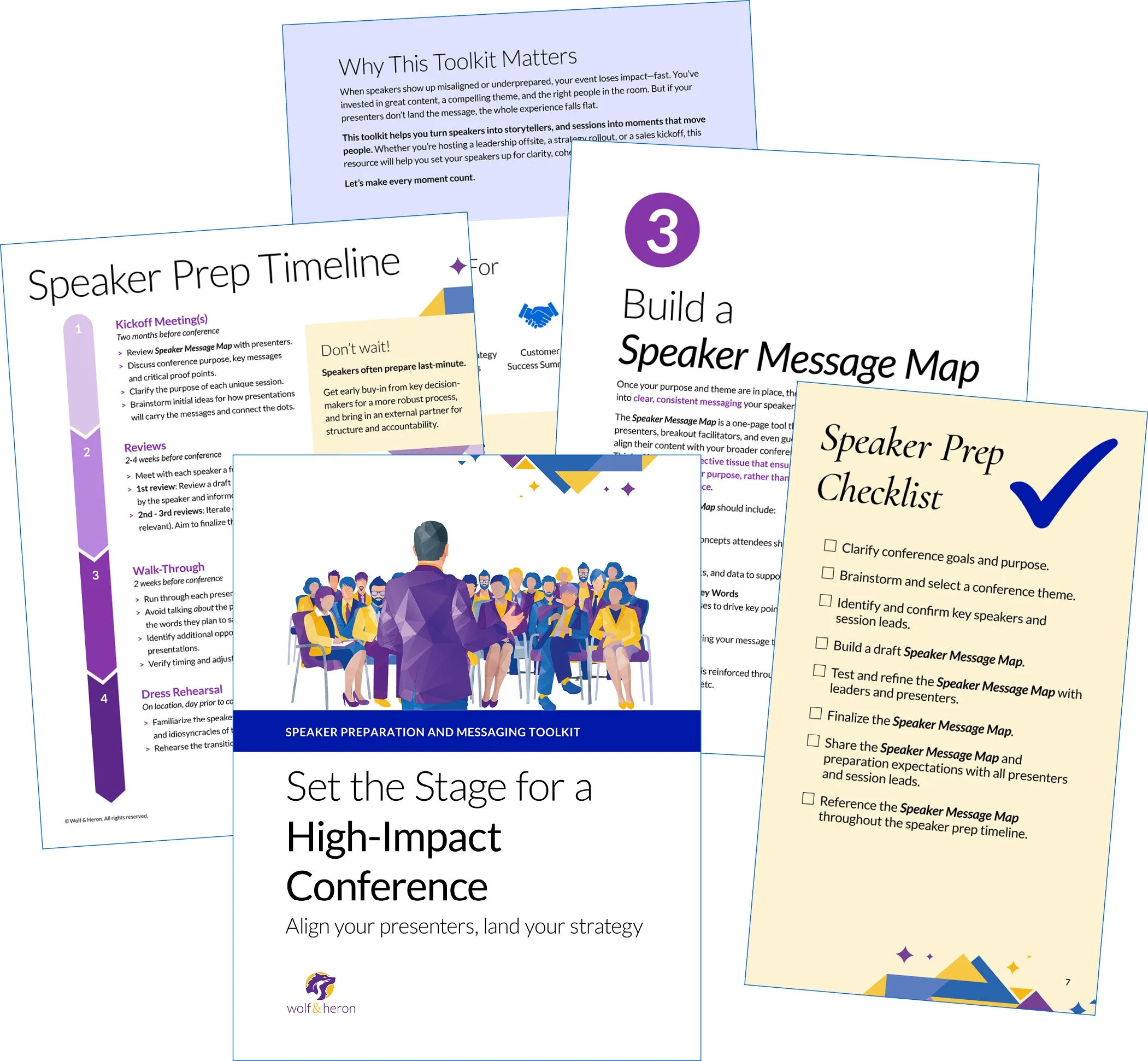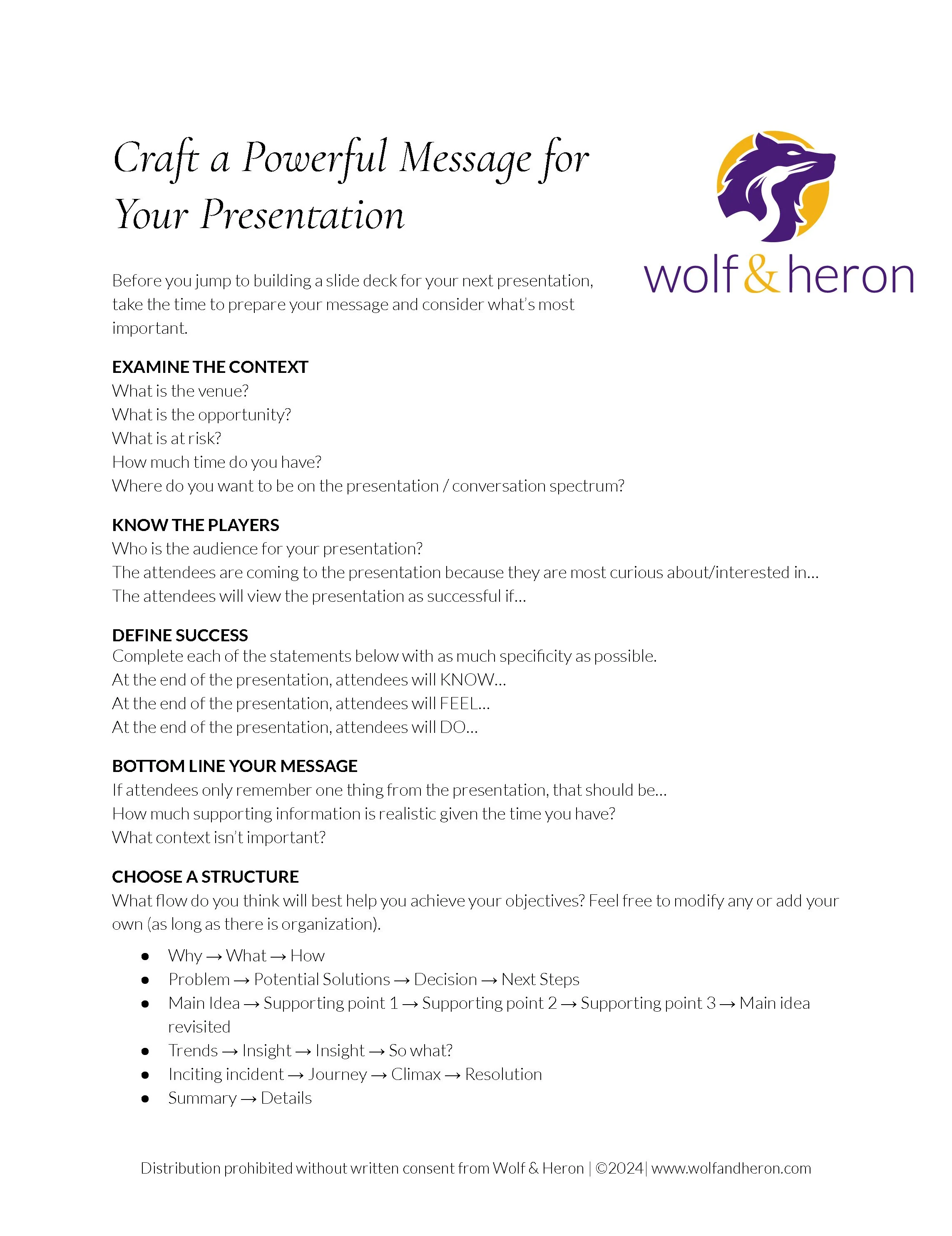Meetings are the most expensive way organizations spend time together. When a meeting fails, few blame leadership or facilitation. Why? Facilitation is invisible when it works and ignored when it doesn’t. Which means leaders rarely improve at it, and teams keep bleeding time, energy, and morale. But a well-run meeting is one of the highest-leverage spends a leader can make. One well-facilitated strategy session can save months of misalignment, recouping its cost in weeks, if not days.
Read on for our meeting manifesto, to understand how we see meetings and the best ways to maximize their power.
Read More
















